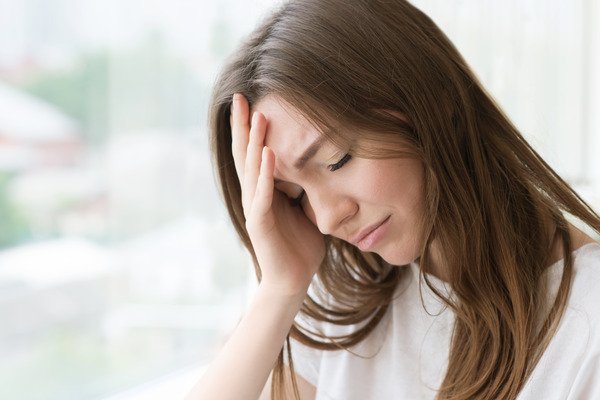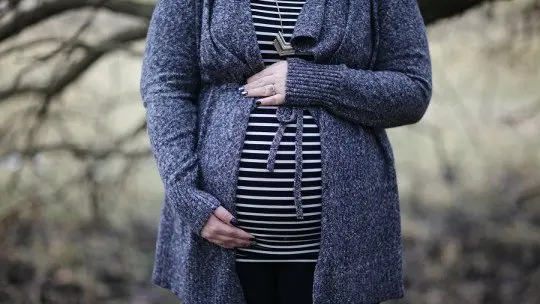Maturity is the time when we begin to take stock of our lives. Some women feel fulfilled and happy, but others, on the contrary, may feel frustrated.

The maturity in women coincides with the arrival of menopause. We will take a brief look at the changes that appear at this stage and the psychological changes that occur due to the decrease in estrogen and progesterone hormones, which cause different symptoms to occur in women.
What is the climacteric?
Between reproductive and non-reproductive stage For women, there is the climacteric, which begins several years before the last menstrual period. This consists of a decrease in the levels of the hormones estrogen and progesterone causing changes in menstruation. These hormones are important for keeping the uterus healthy, in order to have normal menstrual cycles and a successful pregnancy. Estrogen also helps keep bones in good condition, in addition to helping maintain a good level of cholesterol in the blood.
When does menopause start?
When the definitive cessation of the menstrual cycle occurs, due to decrease of estrogen secretion due to loss of follicular function. This marks the end of a woman’s reproductive capacity. The average age at which most women enter menopause is around 51 years old, but it can occur earlier when the uterus or ovaries are removed, causing the permanent cessation of menstruation.
What are the symptoms and what causes them?
- Hot flashes, heat and insomnia They are the main symptoms of menopause. Which causes a lot of anxiety, accompanied by sweating, palpitation, dizziness and vertigo.
- Decreased libido since the sexual response is affected by affective and cognitive factors: fantasies, evaluation of the relationship, degree of intimacy, sexual passion, etc.
- The vaginal dryness pain during intercourse and changes in body shape, due to obesity due to metabolic changes, can generate low self-esteem.
- Changes in energy and motivation of the woman.
- Lack of concentration.
- Emotional changes producing irritation and the desire to cry.
What are these emotional changes due to?
These are related to body shape, the modification of libido and the acceptance that reproductive capacity is over. With the arrival of menopause, the woman really realizes that she is getting older, more mature and that she is entering a different stage of her life. She becomes aware of the vulnerability of life and her subjective experiences with respect to the time lived, since she seeks give a meaning to your present.
You take stock of all areas of your life, including your professional life, and feelings of frustration or self-realization may arise. The important thing is that this balance is positive so you can feel that you have been able to meet your goals.
Many times menopause can coincide with Empty nest that is, when the children grow up and become independent, which makes the woman feel more alone, since she loses social movement within the house and domestic tasks decrease.
All these factors make the woman feel vulnerable and sensitive with herself and her environment, which is why many professionals recommend hormone replacement treatment, but sometimes this is not enough, making psychological therapy necessary to improve the emotional changes that have occurred with the arrival of menopause.









